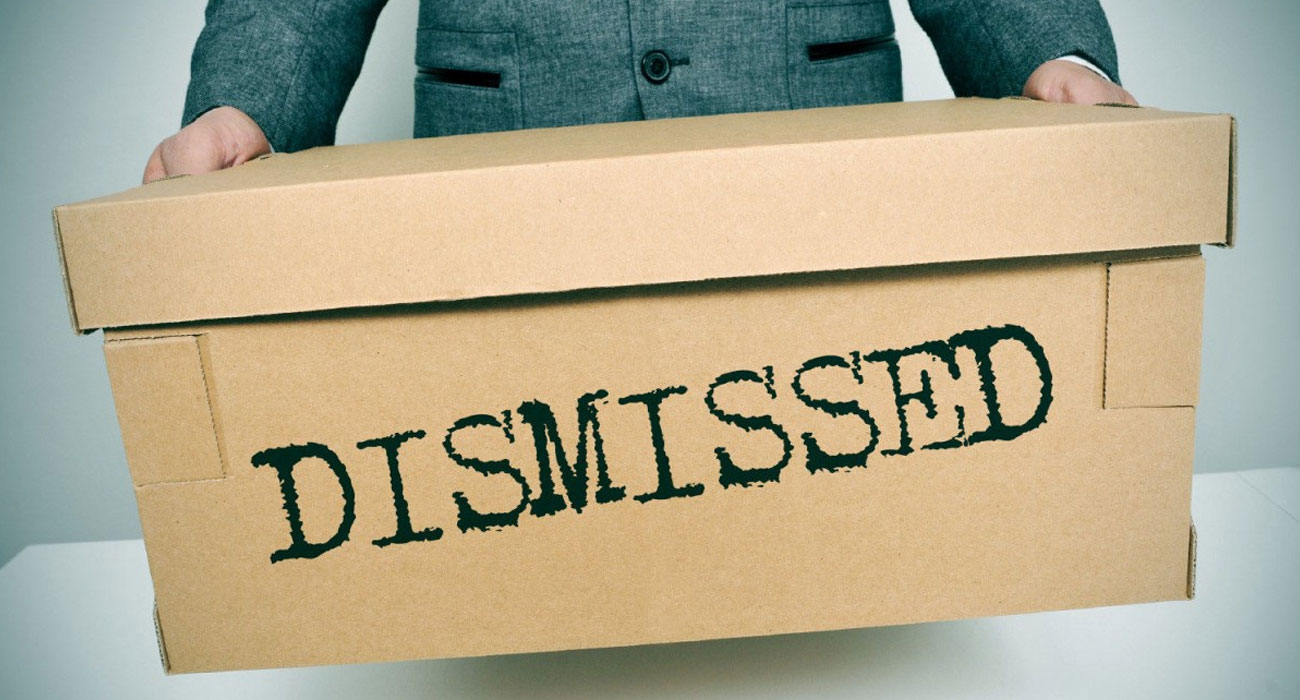
If an employee began working after the 6th April 2012, they can only claim unfair dismissal after two years of continuous employment, whereas if they were employed prior to the 6th April 2012 then they can claim for unfair dismissal after one year of continuous employment.
The costs incurred to an employer in relation to unfair dismissals depend on the circumstances. If the Tribunal decides you are liable, then you may be charged for the compensation award up to £72,300, as well as a basic award of up to £12,900. Although the maximum costs are only awarded in extreme cases, as the tribunal awards compensation based on the reasons for dismissal and the behaviour of the employer in the dismissal process.
In order to avoid facing an unfair dismissal accusation, an employer must ensure there is a fair and lawful justification for dismissal, in line with these statutory reasons:
- Employee’s conduct
- Capability or qualifications of the employee
- Illegality
- Redundancy
- “Substantial” reason
As long as an employer complies with these reasons, then an unfair dismissal charge should not be brought against the organisation, and if they are accused of unfair dismissal then an employment tribunal will take in to account their substantial reasoning, and rule the dismissal as fair.
If an employer is accused of unfair dismissal, when they claim it is fair then they must provide evidence to demonstrate this, starting with the compliance of employment contracts and policies. Some cases can be more difficult to determine, for example: dismissals for long term sickness or inappropriate clothing. These examples have the potential to be criticized by the Tribunal as unlawful, so it is important to be careful when considering reasons for dismissal.
In some instances, former employees who have been dismissed may contact an employer for a reference. By law, an employer does not have to give out a reference after a dismissal, however giving a a factual reference, which is both up to date and accurate is recommended. As an employee may decide to bring a claim against their former employer, who has not given a reference, and therefore the employer is liable for victimisation. In some cases, an employer may give a reference out with misleading information about the employee, resulting in a grievance, as the employer has abused the employees right to duty of care to their, which could result in a case against the organisation.
For further information on dismissal compliance visit ACAS’ website for guidance: http://www.acas.org.uk/index.aspx?articleid=1797




